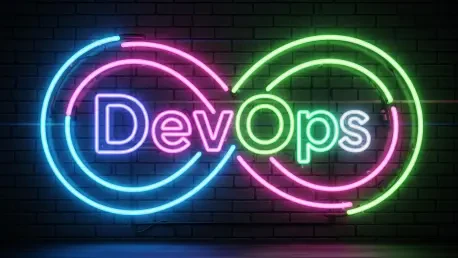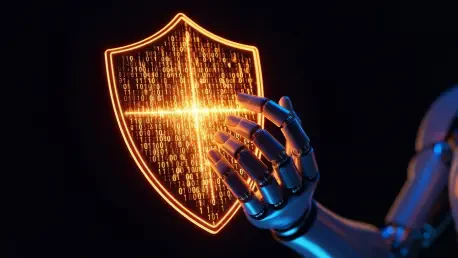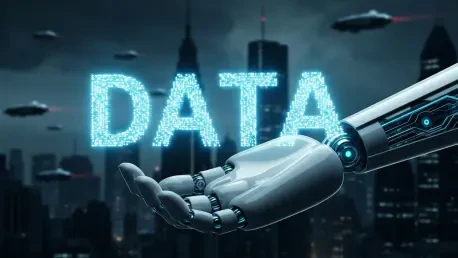
The familiar command line, once the undisputed domain of developers and system administrators who mastered its arcane syntax, is now learning to speak a new language—our own. This transformation is not merely a cosmetic change but a fundamental rewiring of how humans interact with complex digital

With deep expertise spanning both frontend and backend development, Anand Naidu is uniquely positioned to demystify the complex landscape of the modern data stack. He joins us today to break down the often-confusing world of data integration, offering a clear framework for understanding when to

The recent and stark discovery of over thirty significant security flaws in major AI coding assistants, including GitHub Copilot and Amazon Q, has sent a clear and urgent signal to the software development community. While these revolutionary tools are celebrated for boosting productivity, their

Imagine a world where AI agents seamlessly streamline field operations, schedule HR interviews, and manage complex financial supply chains—all in real time. Yet, for many organizations in 2025, this vision remains just out of reach, not due to a lack of technology, but because the foundation of

Imagine walking into your home after a long day, and with a single tap on your phone, the lights dim to a cozy glow, the thermostat adjusts to your preferred temperature, and your favorite playlist starts streaming through hidden speakers. This seamless orchestration of comfort and convenience is

Unveiling the Cloud Managed Services Landscape Imagine a world where businesses can scale their operations overnight, unshackled by the burden of managing complex IT infrastructure. This is the promise of the cloud managed services industry, a cornerstone of today’s digital transformation journey.